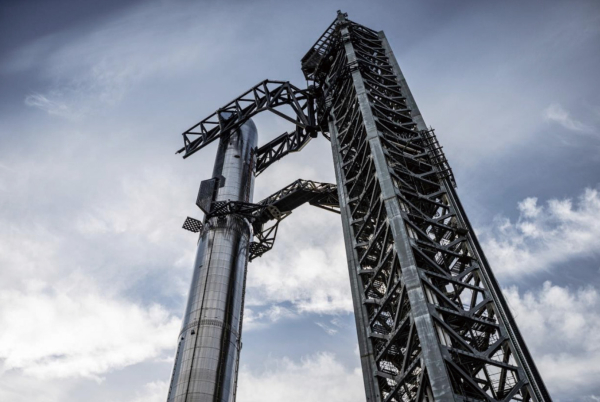
Oct. 13. In 2024, the seven-minute landing of the 71-meter-long rocket astonished the world. SpaceX, a private space company, achieved its first smooth and groundbreaking success. This opened the dimension of the reusable transportation system running in orbit.
On Feb. 25, the Korean government announced a project to develop the next-generation reusable launch vehicle at the National Space Committee. As reusable launch vehicles become a mainstream trend, the government has shown strong commitment to new technology. Many countries, including China, Japan, and India, are also developing reusable launch vehicles. However, advanced technologies such as vertical takeoff, landing precision control, and engine reignition are essential. These technologies are hard for one country to handle.
As we know from the Space Race, space has been thought of as a developing area at the national level. Competitive investment rapidly improved space accessibility. During the Cold War between the United States and the Soviet Union, the success of launching satellites connected directly to the possibility of long-range lethal missiles. This caused the “Sputnik crisis,” which led to the founding of National Aeronautics and Space Administration (NASA) of the United States. The Soviet Union led with the first Mars probe and the first human, Yuri Gagarin, in space. Due to aggressive development by the US, an unprecedented experience for humans was achieved when Apollo 11 landed on the moon. Both countries continued to explore other planets. The ISS marked the beginning of international cooperation in space.
Ironically, the primary motivator of space development started with military development but has evolved to solve universal crises. Space’s rare materials offer fuel sources, and isolated labs aid drug development. While governments have eased from the aggressive investments of the past, the era of “New Space” has begun, and private spaceflight companies, supported by the government, have taken off.
Private space companies employ their independent funds for space business. There are many ways in which private companies pursue profits from space. Selling satellites or technologies is a steady business for private companies. Various movements treat space as a new market. SpaceX is launching Space Internet, also known as Starlink, which enables fast and highly connected satellite internet. Blue Origin, the American aerospace company, is one of the representatives of space tourism. Planet focuses on daily satellite imagery services.
Space projects used to be long-term, huge-budget projects that were also demanding on the government. A government body facilitates private companies’ bidding. For the Artemis program aiming at long-term human presence on the moon, NASA collaborates not only with various countries including Korea and Japan but also with private companies such as SpaceX, Blue Origin, and Intuitive Machines. Private space companies need to stand beside the government financially. US president Donald Trump’s endorsement of SpaceX is well known. SpaceX secured major contracts like the Starship for the Artemis program and NASA’s Crew Program.
This shift to “New Space” is also happening here in South Korea. Compared to larger countries, Korea’s budget is minimal, and private participation is needed. The success of the domestic space launch vehicle Nuri was achieved through private companies’ cooperation and the participation of research labs. Korea Aerospace Industries (KAI) takes charge of manufacturing launchers and assembling components. Hanwha Aerospace also participated in launch operations including preparation and mission control. This cooperation is a step toward becoming a space power and growing the domestic space market.
As the global space industry continues to evolve, the role of private companies is becoming crucial. Though the United States and China have entered a new competition, it is different from the Cold War era because space technology is no longer a national monopoly. The private space company’s participants brought the market economy to the cosmic arena and are crucial players in the New Space era.


